Students experience a memorable lesson that again brings the new Arts & Letters curriculum to life
Some eager Pattengill fourth-graders got in line recently to see something they’d only seen in textbooks, if at all: a pig’s heart. This wasn’t just another day in science class. It was the culmination of weeks of learning about what it means to have “a great heart”—both figuratively and literally.
The dissection connected directly to the school’s new Arts and Letters curriculum, which had introduced students to the concept of having a great heart—character, compassion, courage. Now they were seeing the biological reality behind the metaphor.
“We really work to raise the bar on what it means to have a quality education that’s really foundational to learning,” teacher Amanda Saffion said.
The lesson exemplified what Saffion calls “educational equality” which ensures all students have access to rich, engaging experiences that extend beyond textbook learning. Rather than simply following the standard curriculum, the teaching team at Pattengill looked for ways to deepen student understanding and create lasting memories.
“We met students where they were at, we built that foundational knowledge, we activated it, and then we were supplementing these pieces of learning that go beyond,” Saffion said. The approach represents a commitment to preparing students not just for fifth grade, but for their futures as doctors, lawyers, stay-at-home parents, or whatever path they choose, she said.
For Saffion, who taught the lesson to all three fourth-grade classes, the experience was as meaningful for her as it was for the students. “It was lovely being able to interact with every single fourth grader in the building,” she reflected. The rotation allowed her to witness the spark of curiosity in every child’s eyes, to field their thoughtful questions, and to watch science come alive in real time.
The hands-on approach creates the kind of foundational memories that students carry with them long after they leave elementary school. These are the moments that inspire future scientists, that make abstract concepts concrete, that transform passive learning into active discovery.
“I feel like it’s a privilege,” Saffion said of her work at Pattengill. “Working at Pattengill, I couldn’t imagine working anywhere else.”
As the school year continues, the fourth-graders will build on this experience, carrying their understanding of what makes a great heart—both the muscle and the metaphor.
“There is such quality education that’s happening right now,” said Saffion, “across the district and in the building.”
AAPS Elementary Curriculum Coordinator Kristen Smith says that while adopting a new curriculum can be demanding, AAPS teachers have risen to the challenge by creating learning experiences that are both rigorous and deeply engaging.
“Students are reading, discussing, writing, and collaborating every day to build knowledge in ways that feel relevant and exciting,” she says. “The work happening at Pattengill is a wonderful example of how this approach transforms learning.”
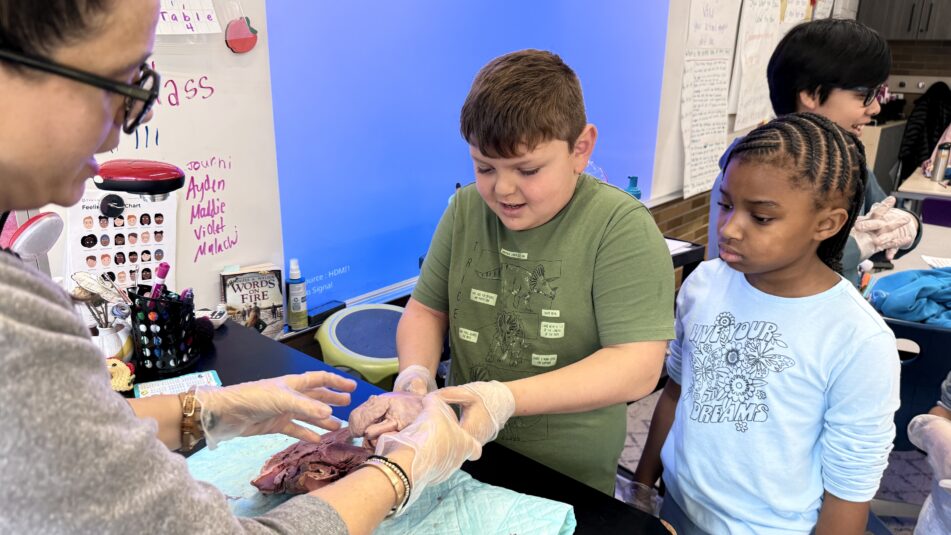
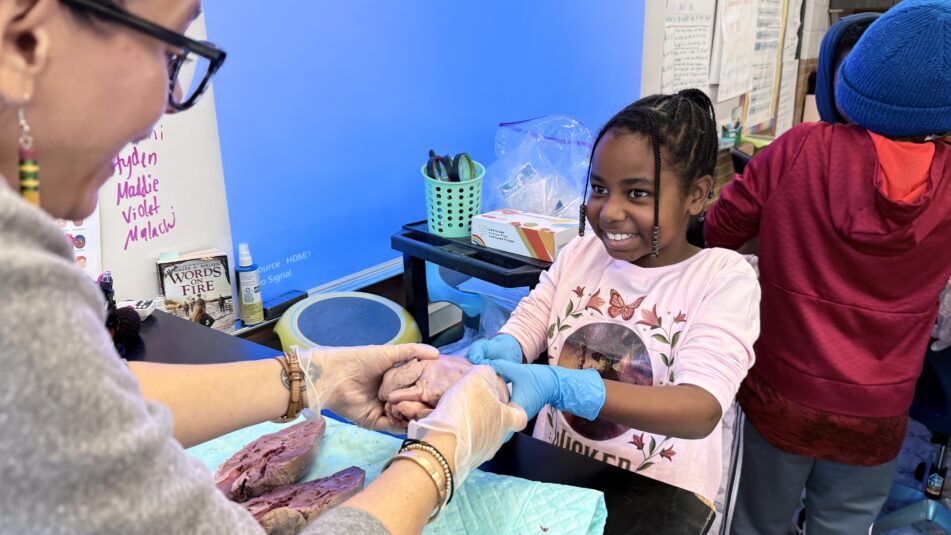
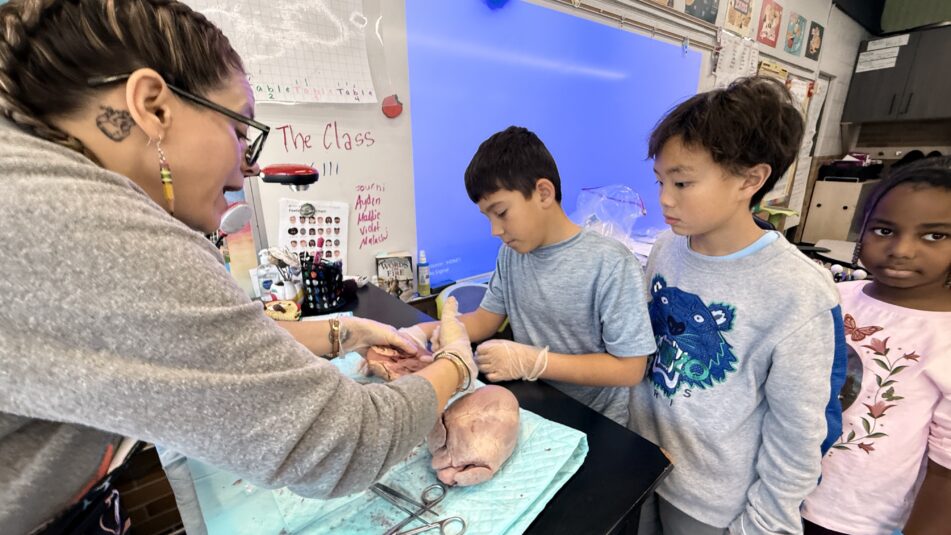
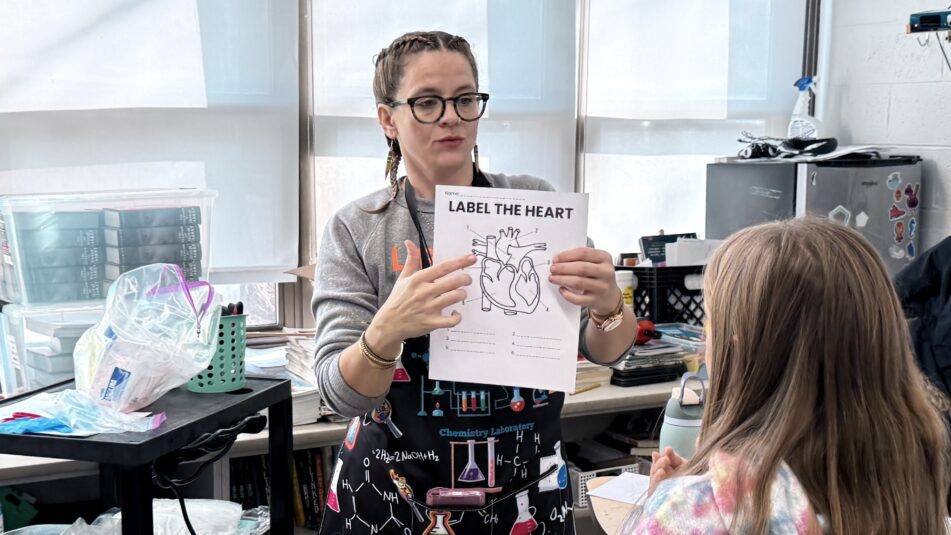
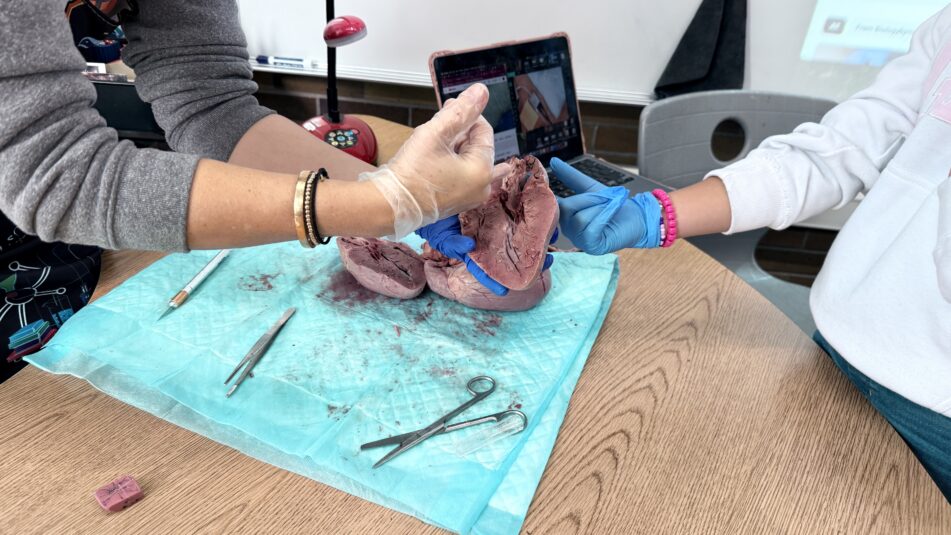


Be the first to comment